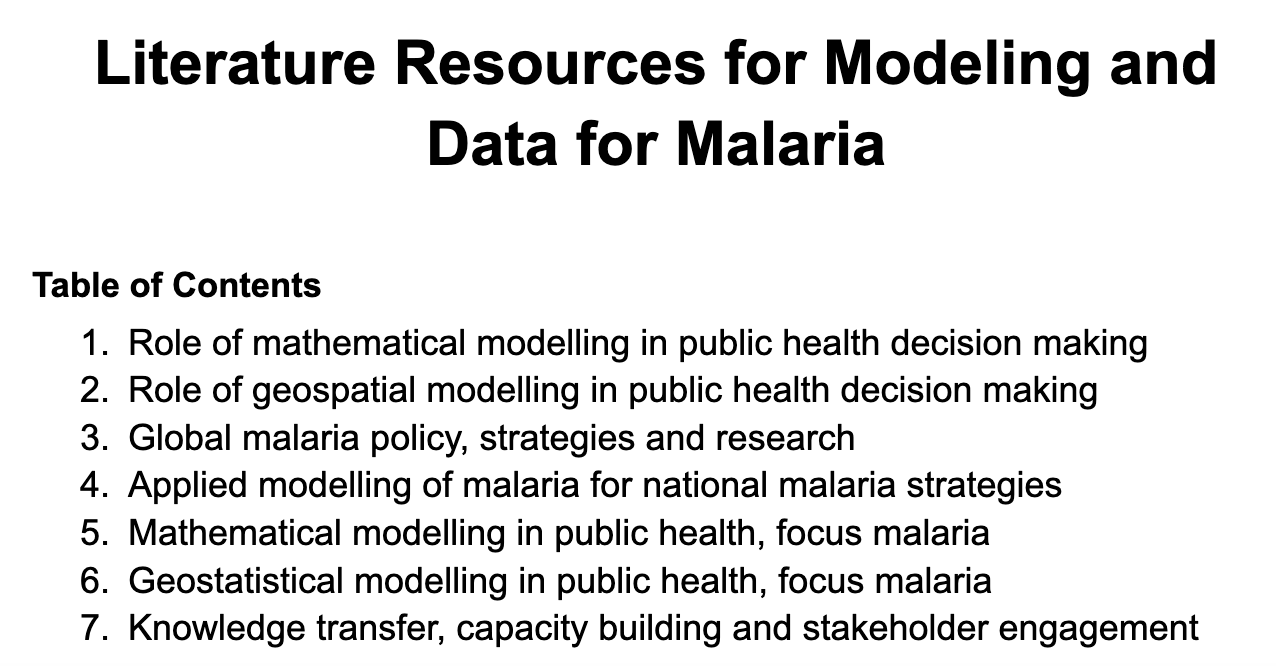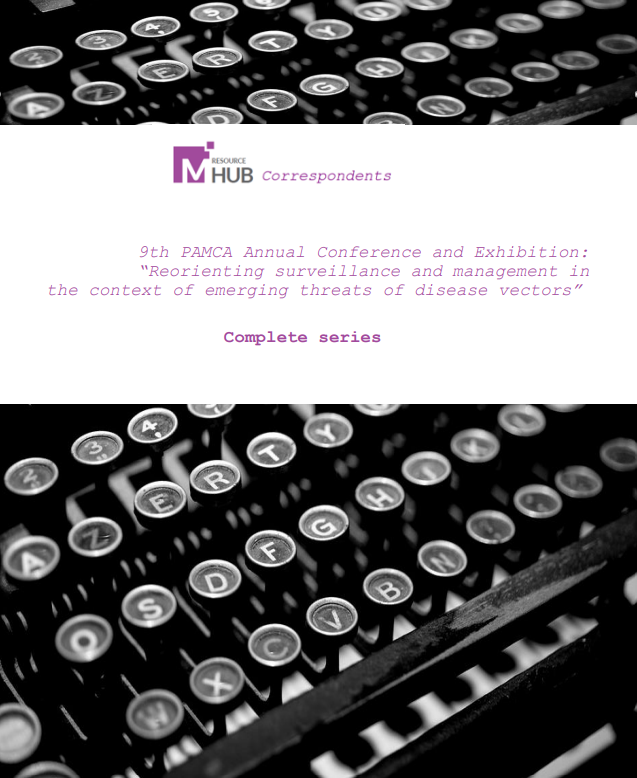Last Updated: 19/12/2024
Research capacity building by DHA-PQ SMC clinical trial in school aged children in Mali
Objectives
-
To evaluate the impact of Dihydroartemisinin-Piperaquine (DHA-PQ) compared to Sulfadoxine-pyrimethamine and Amodiaquine (SP-AQ) and a placebo group on the morbidity and transmission of malaria used in Seasonal Malaria Chemoprevention (SMC) targeting school aged children during the period of October to January in Mali.
-
To develop research capacity of a senior researcher to became a world-class leader in research, training of trainers and mentoring.
-
To create a critical mass of researchers by training 2 masters and 1 PhD students during the fellowship.
University of Sciences Techniques and Technologies of Bamako (USTTB), Mali
To meet the sustainable development goal (SDG) 3 “Ensure healthy lives and promote well-being for all at all ages”, in Sub-Saharan African countries this will necessarily be achieved by strengthening the capacities of these countries in research and endemic diseases such as malaria. The continuous support from funders has led to the establishment of research capacities in many African countries. But efforts should be made to retain and keep highly qualified these research teams in sustainable institutional research environments. Malaria remains a major global public health problem by causing 455,000 deaths per year, the majority of which occurred in Sub-Saharan Africa (91%). The implementation of seasonal malaria chemoprevention (SMC) with sulfadoxine-pyrimethamine (SP) associated with amodiaquine in children under five years, plus the use of long-lasting insecticidal nets (LLINs) has reduced malaria incidence by 80%. However, data actually supports a shift of malaria burden age to school aged children 6-15 years, but also the possibility of a rebound increase in malaria transmission after SMC rounds. These findings suggest that (1) there is a new group at risk of malaria (school age children) and (2) these groups will contribute to maintain the transmission of malaria during low transmission. Most of these children have been exposed to SMC in younger age before reaching the age of 6-15 years. SP-AQ are still effective in malaria prevention, but due to the wide use of these drugs, and the presence of resistance markers to these drugs, it is required to have alternative SMC drugs. The combination dihydroartemisinin-piperaquine (DHA-PQ) is an alternative drug that could be used in SMC. Dihydroartemisinin has rapid effect on trophozoites and reduces gametocytes carriage. Piperaquine has a long half-life to maintain long therapeutic effect after treatment.
This is a double-blind randomized controlled non-inferiority trial. 345 participants from 6-15 years old randomized in ratio 1:1:1 to receive DHA-PQ vs SP-AQ vs Albendazole. Four SMC rounds (September-December), drugs administrated under supervision of pharmacists. Follow-up for 12months, with two cross-sectional surveys.
Apr 2020 — May 2025
$605,000


